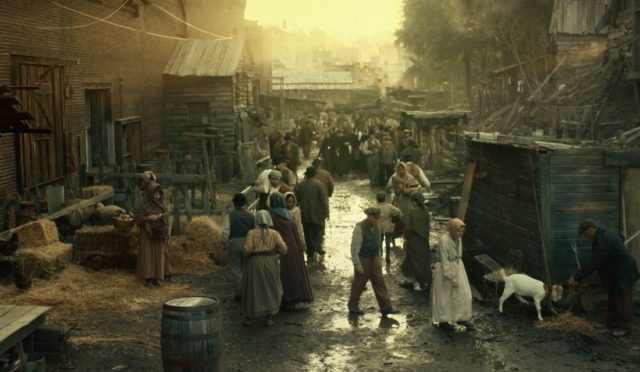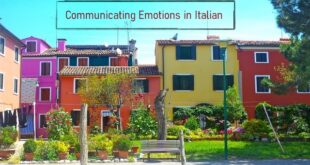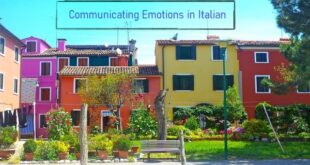After more than 30 years of editing Fra Noi, I thought I knew a thing or two about the challenges our ancestors faced in America at the turn of the 20th century.
I’ve learned from countless articles about the crowded tenements and abject poverty, the dangerous jobs at scant pay, and I can enumerate the Sicilian-born laborers lynched by a New Orleans mob in 1891.
But to know is one thing and to understand quite another. My eyes were truly opened to the gross indecencies our forebears endured when I attended a preview screening of “Cabrini” on Oct. 24 at the Des Plaines Theatre.
Set for theatrical release on March 8, the biopic follows St. Frances Xavier Cabrini as she launches her missionary campaign among the desperately downtrodden Italians of New York City.
 The movie’s messages of perseverance and hope will no doubt inspire audiences of every background on every continent. But I dare say that “Cabrini” will strike many Italian Americans with the force of a midnight thunderclap that wakes you out of a dead sleep. I know it did for me.
The movie’s messages of perseverance and hope will no doubt inspire audiences of every background on every continent. But I dare say that “Cabrini” will strike many Italian Americans with the force of a midnight thunderclap that wakes you out of a dead sleep. I know it did for me.
The film begins academically enough, with words in muted brown letters appearing on jet-black backgrounds.
“Between 1889 and 1910, over 2 million Italians immigrated to the United States to escape poverty and to satisfy America’s demand for cheap labor,” the opening screens report. “They were desperately poor, often illiterate and almost never spoke English. Many Americans considered these Italians to be of inferior intelligence, only fit for menial labor, and a threat to the very fabric of America.”
The panoramic calm is shattered by a shabbily clad boy hurtling through a tony New York neighborhood, screaming for help in Italian to no avail as his mother dies of typhus in the wheelbarrow he frantically pushes.
Meanwhile, the diminutive mother superior of a convent in Italy coughs and convulses in her darkened room as she weakly reassures a nun on the other side of the door that she’s fine.
The paths of these two characters soon cross in Five Points, a notorious Italian ghetto in Lower Manhattan, where families live in rickety shacks, orphans run wild in streets of mud, the homeless live in a rat-infested subterranean world and mind-bending abuses await any denizen who dares venture into the rest of the city.
Into this hellscape steps Mother Cabrini and her five sisters. Armed only with kindness, grit and faith, they dramatically improve the lives of their chosen charges in the face of seemingly insurmountable obstacles.
Though taking place mainly in America, this film is Italian to its core, from the language spoken in Italy and among the immigrants, to the arias that elevate the score, to a painterly interior lighting that evokes Caravaggio.
And it shines most brightly through Cabrini’s indomitable spirit, a trait that for centuries had sustained odds-defying Italian women the likes of St. Catherine of Siena, artist Artemisia Gentileschi and composer Barbara Strozzi.
Thwarted at every turn, Cabrini fearlessly confronts and eventually bests all her antagonists. When she insists upon speaking to the mayor after police have broken up a benefit concert, stealing its proceeds and throwing her in jail, the mayor’s assistant demands: “Who the hell do you think you are?”
“I am a WOMAN and I am ITALIAN!” the usually mild-mannered nun roars back. “And I am DONE with little men, with hearts the size of a peanut, too blind to understand the truth, to know that we are all human beings, that we are all the same, children of God, and you dismiss us at your own peril!”
That wasn’t the only time I wept openly during a movie whose 2 hours and 20 minutes flew by. They were tears of rage early on and ultimately of joy, and they flowed from a far deeper understanding of our forebears’ plight than I had ever possessed. That’s the great gift this film has given to our community.
For more about the film, click here.
The above appears in the March 2024 issue of the print version of Fra Noi. Our gorgeous, monthly magazine contains a veritable feast of news and views, profiles and features, entertainment and culture. To subscribe, click here.
 Fra Noi Embrace Your Inner Italian
Fra Noi Embrace Your Inner Italian







